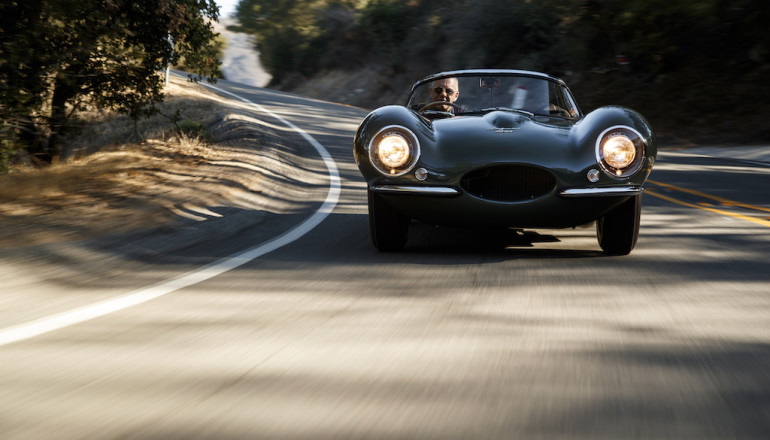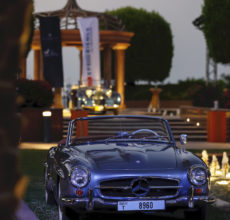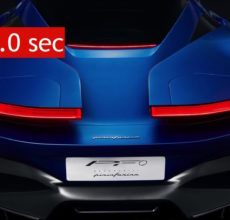Jaguar Classic has unveiled an authentic XKSS handcrafted to exact 1957 specification. Only 9 will be built to make up for lost originals.
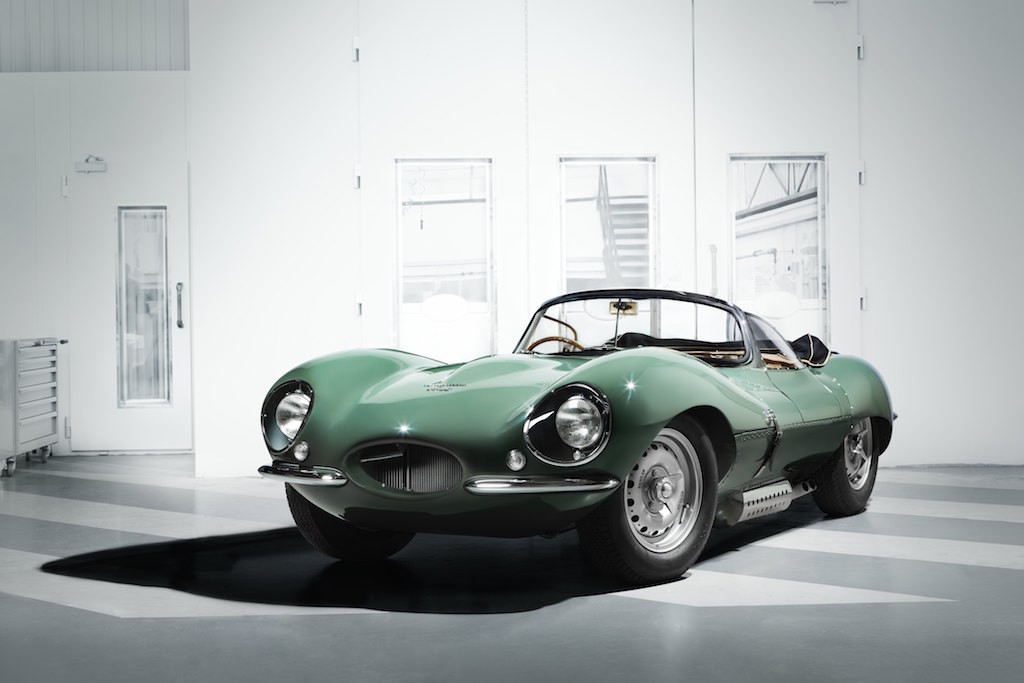
Last Thursday, Petersen Museum, Los Angeles, exhibited two classic Jaguar XKSS cars – one was a British racing green; the other a close Sherwood green. One belonged to Steve McQueen; the other looked forward to meeting its owner. One was built in 1956; the other in 2016. Both were originals.
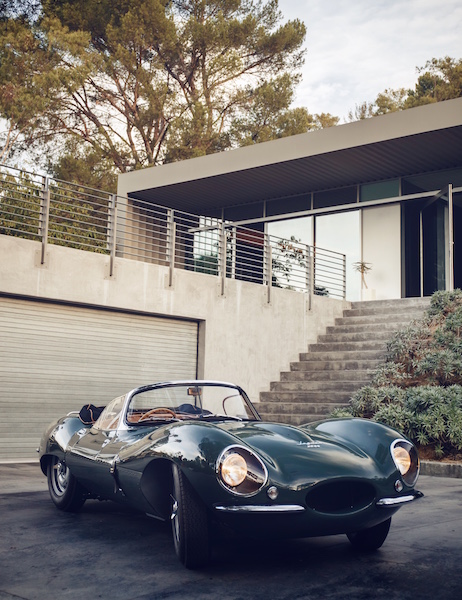
In Wikipedia’s chart featuring Jaguar production cars between 1930 and 1970, there is only one name in the Supercar slot – the Jaguar XKSS. The car is basically a road-going version of the Le Mans-winning D-type racing Jaguar with just the inevitable modifications like a proper windscreen and side screens, a folding fabric roof, a passenger side door and a significant dose of chrome.
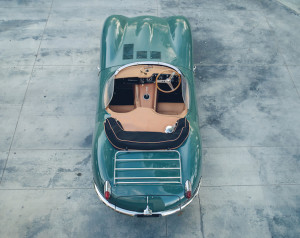
This intriguing tale begins with a 1957 fire in Jaguar’s Brown Lane factory that destroyed 9 XKSS models, waiting to be shipped to quench the American thirst for European performance cars, leaving behind just 16 to take that mission forward. Earlier this year, Jaguar announced their intention to revive the rest from their ashes: only figuratively. The ‘new original’ XKSS would be a period correct continuation, built from scratch using original drawings from Jaguar’s archive, modern technology and 18 months of research. The Jaguar Classic engineering team scanned several versions of the 1957 XKSS to form a complete digital image of the car, including all applicable parts.

The original dimensions of the XKSS: 3990 mm (almost 4 metres) long, 1660 mm wide, 1120 mm tall with a 2300 mm wheelbase and a kerb weight of 921 kg.
The classic unveiled on Thursday will serve as the blueprint for the remaining models to be built. The nine cars will be totally new yet with period chassis numbers from the XKSS chassis log. The XKSS is the second continuation car to be created by Jaguar, after the six lightweight E-types that were built in 2014. This trend of reviving legends from their ashes was also seen elsewhere in the British Midlands, when Alvis cars ticked a few old chassis numbers on the production roster. Read the Alvis revival story.
Jaguar Land Rover Classic isn’t stopping at this. The growing appetite for classics will be served from a new £7.5m global headquarters set to open in Coventry in 2017.
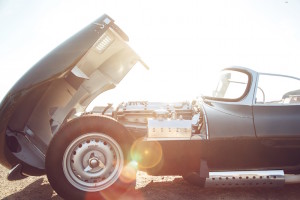
How a legend was brought to life
Curvy cars used to be shaped using styling bucks made of wood or metal, but the original styling buck of the XKSS was not available anymore. So Jaguar Classic built a new one based on the original bodies from the 1950s. The bodies of the nine new cars will be shaped from magnesium alloy, just as in 1957, using this buck and an old-fashioned stretching process called hand wheeling.
“The XKSS continuation programme underlines the world-class expertise we have at Jaguar Land Rover Classic.” Tim Hannig, Director of Jaguar Land Rover Classic
Jaguar Classic’s expert engineers worked with frame maker Reynolds – of the 531 tubing fame – for crafting bespoke new parts using imperial measurements, rather than metric. The frames are bronze welded as in the original chassis tubing. Period specification four-wheel Dunlop disc brakes will have a Plessey pump, and Dunlop tyres with riveted two-piece magnesium alloy wheels.
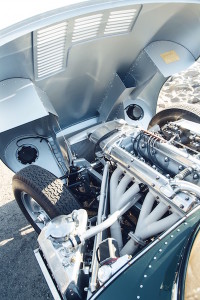
The XKSS runs on a 262hp 3.4-litre straight six-cylinder Jaguar D-type engine, which gets new cast iron blocks, cast cylinder heads and three Weber DC03 carburetors. Significant, though minor, changes have been made to improve safety. For instance, the strength of the fuel cell material has been enhanced to support throughput of modern fuels.
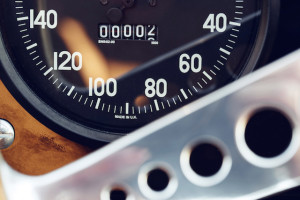
The XKSS cabin has been recalled from the past with the wood of the steering wheel, the grain of the leather seats, the brass knobs and even the Smiths gauges intact!
“From the number, type and position of all the rivets used – there are more than 2,000 in total – to the Smiths gauges on the dashboard, everything is the same as the original cars, because that is the way it should be.” – Kev Riches, Jaguar Classic Engineering Manager
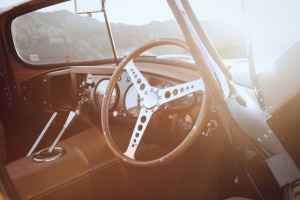
A price tag of over 1 million British Pounds isn’t too big an ask for the new incarnation of the original supercar, that is hand-built over 10,000 man hours. After all, the ‘old original’ XKSS at Petersen Museum costs 24 million!

